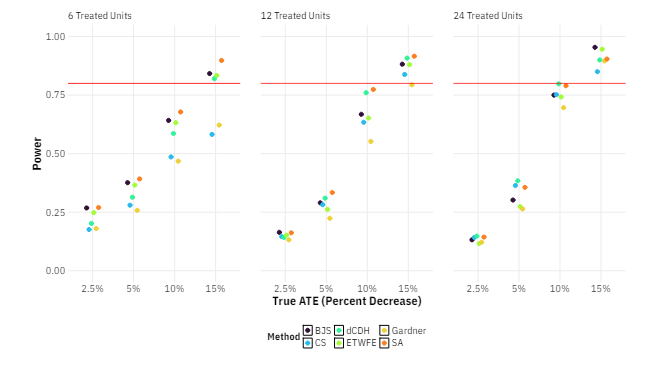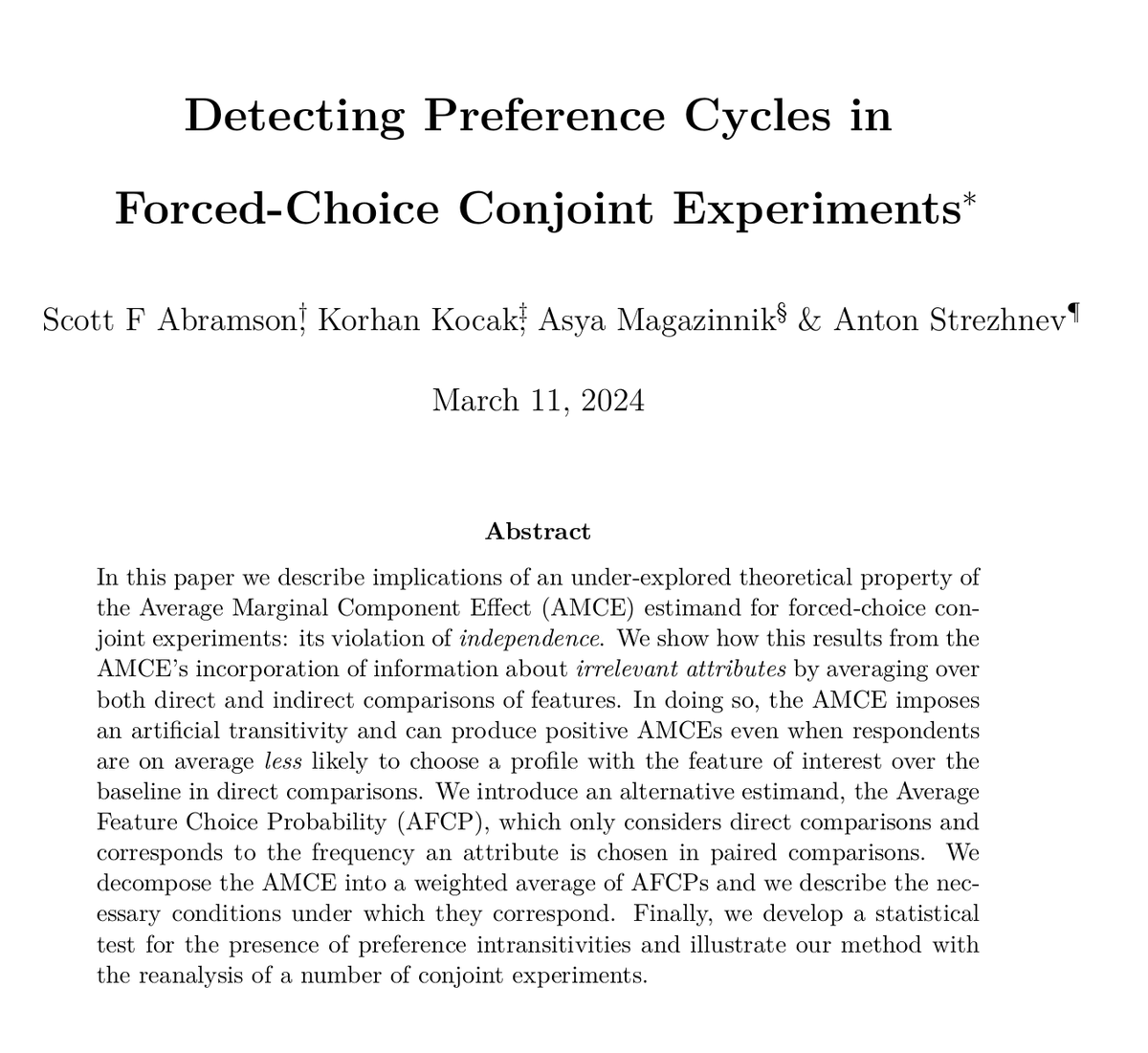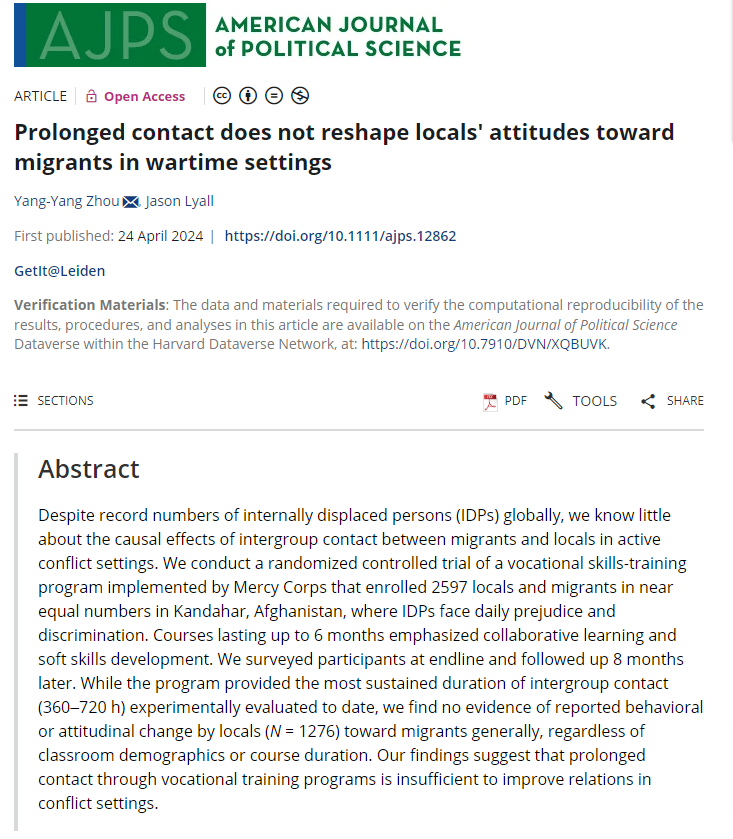
Dimiter Toshkov
@dtoshkov
European Union politics and governance, research methods and design, data visualization, bureaucracy and public administration @PA_UniLeiden
ID: 2557408332
http://www.dimiter.eu 09-06-2014 19:44:43
2,2K Tweet
2,2K Takipçi
1,1K Takip Edilen


Politicisation undermines the responsiveness of intl. institutions: 👇our WEP Journal article on when the EU Commission responds to public opinion over policy integration w. Aleksandra Khokhlova Anastasia Ershova Fabian David Schmidt Goran Glavaš (EUINACTION Political Science Leiden) doi.org/10.1080/014023…


Our #EP2024 Voter-Advice-Application is now live (w/ EUMatrix.eu). You vote on 20 issues and we "match" you to the MEPs & national/Euro parties based on how they voted. Currently in English, but available next week in all official EU languages. Have fun! eurompmatch.eu



How much data do you need to conduct an informative staggered diff-in-diff? In our new working paper Florian Hollenbach 🤷🏻♂️ and I simulate the power of #DiD estimators, and find that you might need *a lot*, even to detect large effects. We also provide suggestions for improving power 1/







